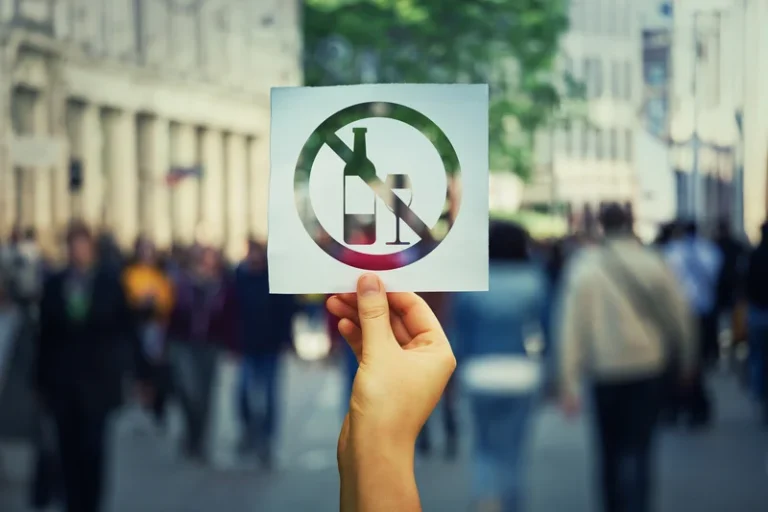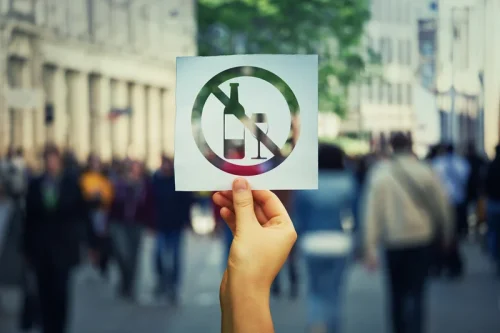
This can cause an anaphylaxis, or an episode of increased heart rate and reduced breathing ability. This is potentially life-threatening and should be avoided at all costs. The thorough investigation of all ingredients should be completed if there are any known allergies that could be contained in the alcohol before consumption. If you experience any of the wine allergy symptoms mentioned above after drinking wine, it is recommended that you consult with your doctor for Oxford House a better treatment plan. Because wine allergies and a sulfite sensitivity can potentially be severe, you may want to consider carrying an epinephrine autoinjector (EpiPen). This emergency medication can be used to treat severe allergic reactions while you wait for help to arrive.

Related Conditions
A wine allergy is an allergic reaction that occurs when the immune system overreacts to certain substances present in wine. It is a type of food allergy, and its symptoms can range from mild to severe. True wine allergies are relatively rare, but they can cause serious health problems if not appropriately managed. If you have a red wine allergy, antihistamines can help manage symptoms such as hives, itching, or nasal congestion.

Diagnosing a wine allergy

Red wine allergy is primarily caused due to an allergic reaction to the sulfites or histamines in the wine. Sulfites or histamines are produced during the fermentation of the wine, which is responsible for allergic responses in affected people. Even if you don’t experience a reaction to any of the above wine allergens, there’s still a chance you may experience general alcohol intolerance. Consuming alcohol causes your blood vessels to expand and widen, which often leads to flushed skin. If flushing is the only symptom you notice after drinking wine or any other type of alcohol, then you’re more than likely only reacting to the traces of ethanol in the alcohol. According to a recent study, more people reported allergy-like symptoms after drinking red wine compared to white wine.
- For some people, wine allergies are mild, and won’t stop them from enjoying wine from time to time.
- If flushing is the only symptom you notice after drinking wine or any other type of alcohol, then you’re more than likely only reacting to the traces of ethanol in the alcohol.
- Wine cultivation later spread throughout Europe during the Roman Empire expansion, leading to the development of regional varieties and styles we know today.
- Viticulture, the cultivation and harvesting of grapes, has a long history dating back thousands of years.
- When histamine is released, it binds to one of four histamine receptors.
Why Some Foods Just Don’t Pair With Wine
You may have heard that some people with food allergies are slowly given increasing amounts of allergen orally in order to promote tolerance. Further study found that the reaction was due to insect venom allergens present in the wine. A 2005 study identified a specific protein found in grapes as the allergen. Read beverage labels to see whether they contain ingredients or additives you know cause a reaction, such as sulfites or certain grains.

Red Wine Allergy

However, some individuals can red wine cause hives are sensitive to histamine, and even small amounts can trigger symptoms. They can offer advice and possibly prescribe medication that can help alleviate the symptoms. Another diagnostic tool is a blood test, which measures the amount of specific antibodies produced by your immune system in response to an allergen. However, bear in mind that these tests may not be definitive as wine contains multiple potential allergens. A positive outcome may require further investigation to identify the specific trigger.

0 responses on "Tummy Troubles After Drinking? It Could Be Wine Allergy!"